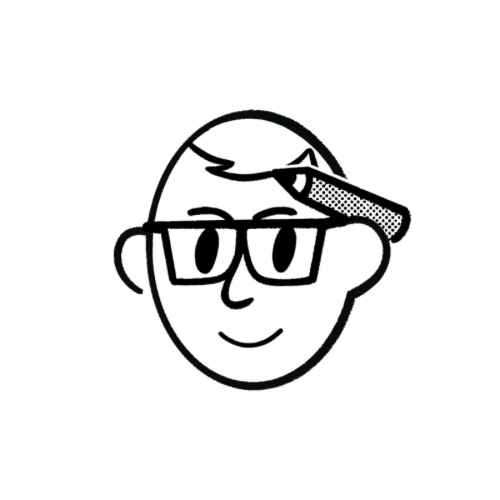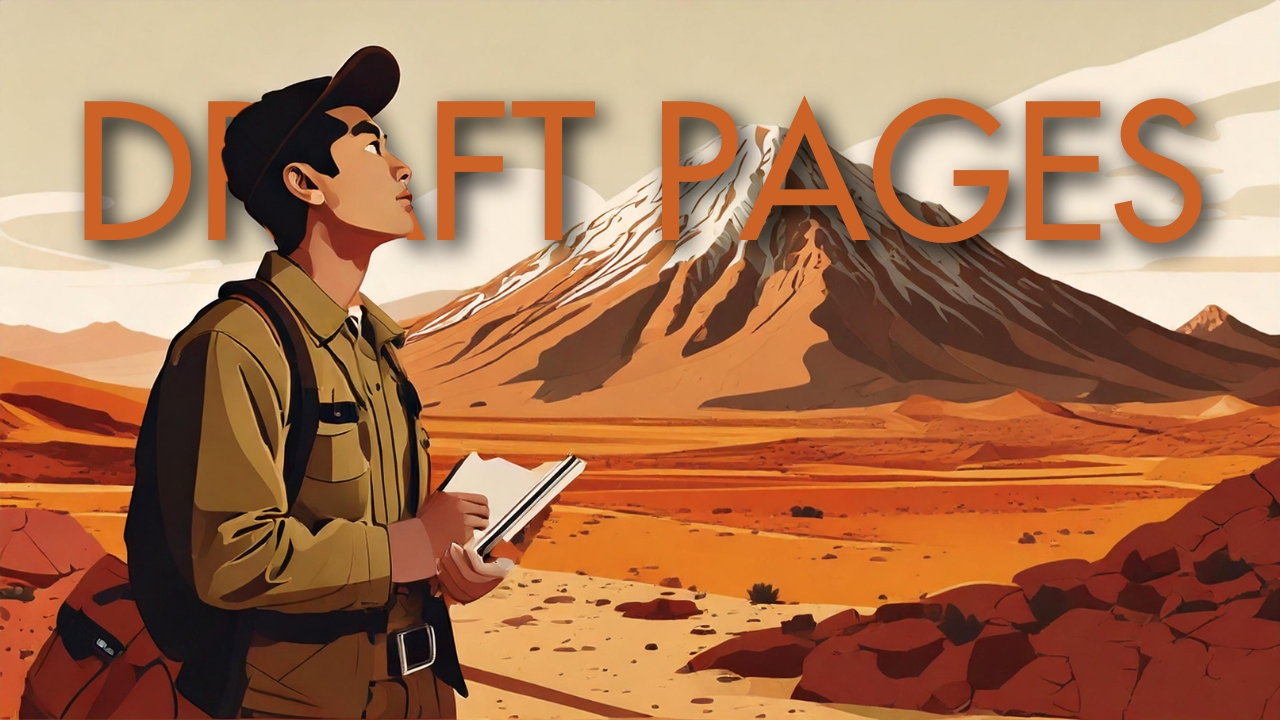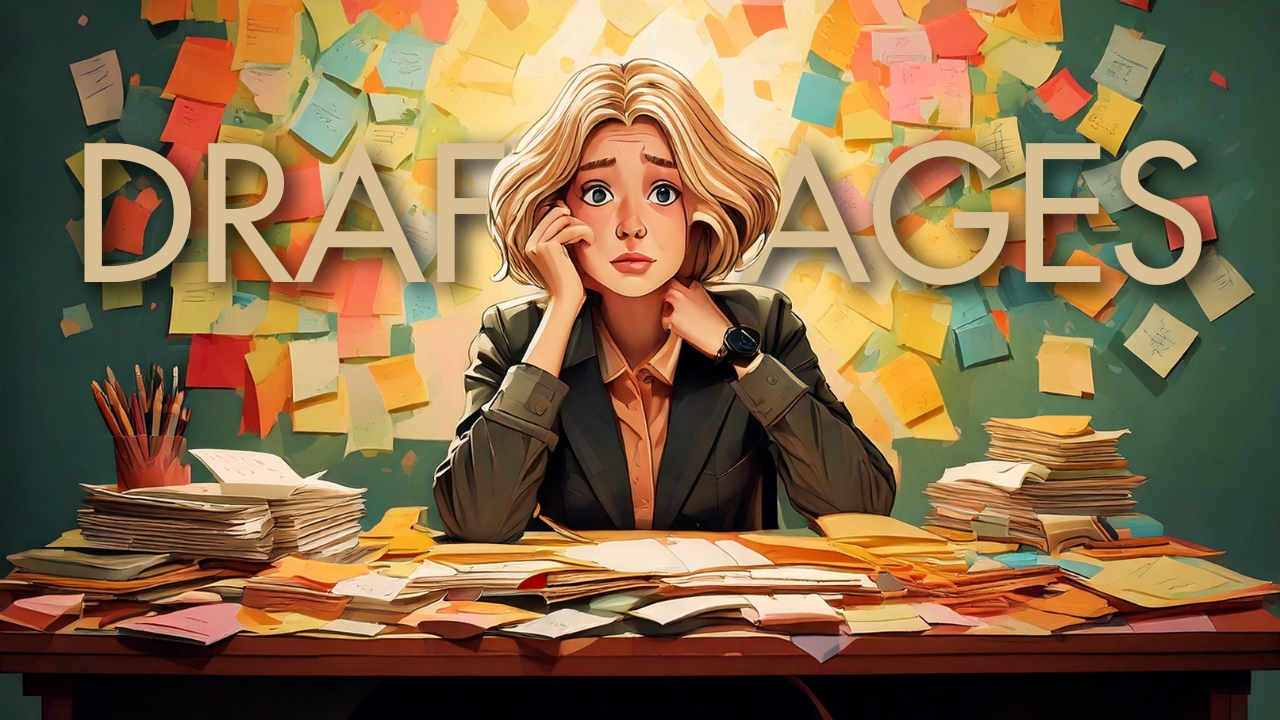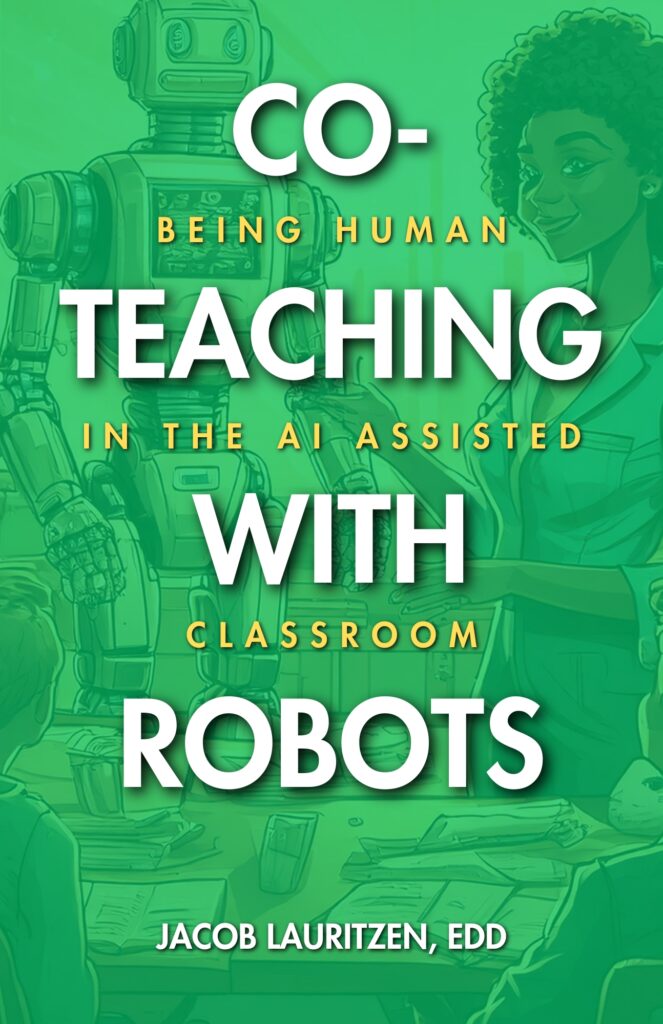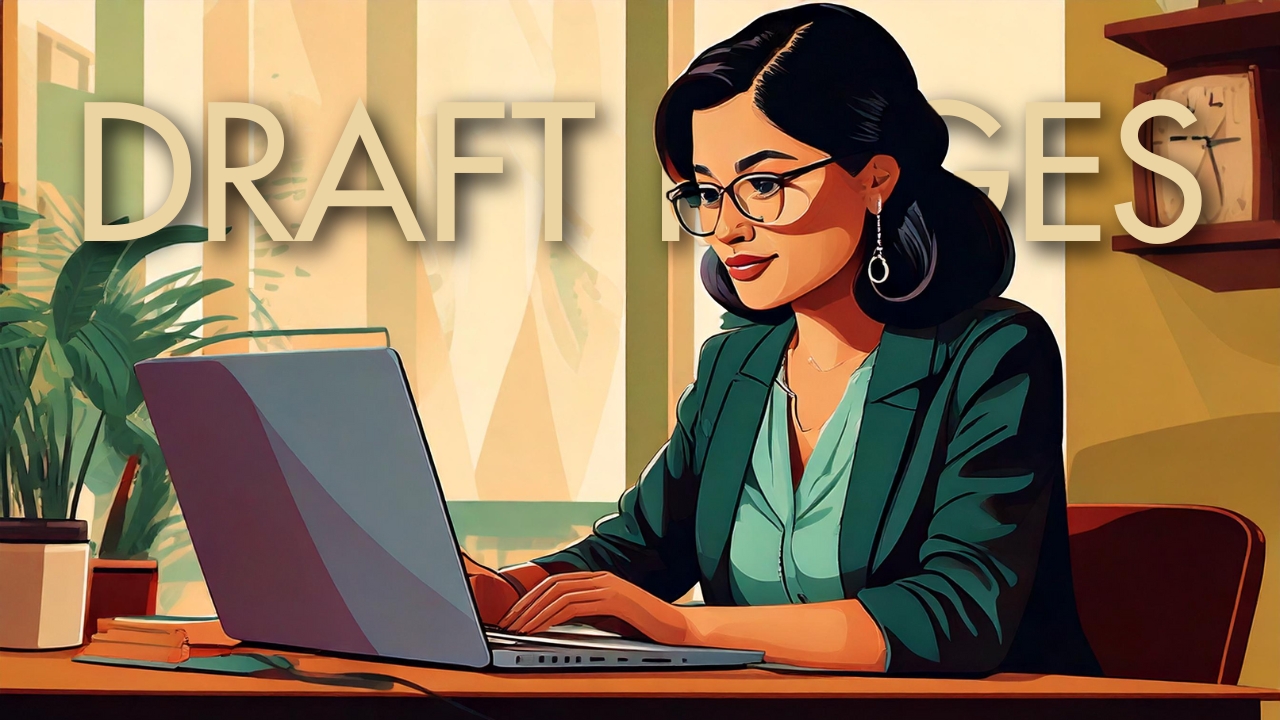Just Write Something Remarkable
Recently I went down a rabbit hole on marketing. This time, I was trying to understand the strategy or tactics or whatever you want to call it—rules maybe?—to marketing from Seth Godin.
Years ago I bought his book This Is Marketing—an unassuming small orange book that made me feel smart for the purchase. I needed help understanding marketing and so I picked up a copy and Barnes and Noble and put it on my bookshelf. A few times I’ve picked it up to read, but I never got very far.
Most recently, I took another approach. I started watching interviews with Seth where he explains his five steps to marketing and what he means by the term strategy. I’ll be honest that I’m still a little confused on what he means by strategy—it’s definitely not tactics—but I think I’m beginning to understand what he thinks I should do to market my books.
This year I decided that to was going to write several short books and I’ve done that. I also planned to sell those books, but I haven’t had much success there. Hence, my trip down the rabbit hole.
So, how can I, as a struggling self-published author, market my books using advice from Seth Godin? Here is what I learned.
First, I need to write books worth writing about. They need to be good! He says there is no point in producing mediocre products. So, assuming my two new books are any good, and I think they are, I am ready to move onto the next step.
Next, I should identify who my book is for. Let’s take my poetry memoir for example. In May, I published “A Father at Forty.” It’s the story of the year I turned 40 and my firth child was born told through poetry. I’m pretty proud of it, but so far I’ve only sold a copy to my parents.
I wrote it for fathers and parents like me. Whenever I have shared my poems, people have really responded. I thought other parents would be able to relate and see themselves in the poems and stories.
That’s my market.
Godin explains that you aren’t really trying to convince your market of anything. You want to find someone who already believes they need your product. You won’t have to convince them. You just need to help them to see that it’s what they already want.
Next, according to Godin, I need to wrap it up in a story. In my search I’ve also read several marketing books from Donald Miller. His entire business has evolved from teaching people who to tell stories about their products. I took notes and promptly forgot all the ideas I had as I read the books. Now that I’m trying to figure out how to tell the story of my books, I’m reminded of Donald Miller.
Assuming I figure that step out, I’ll then need to spread the word about my books and keep doing it. But here Godin differs from popular wisdom. He doesn’t use social media. His recommendation isn’t even to buy ads. He feels that customers, or word of mouth, should do the marketing for me.
If I am able to effect my wrap up my books into a story that provides value to my readers, the hope is that they will then pass that story along to others. That’s marketing.
It makes sense, but it also sounds like I’m going to need a lot of patience. I need to tell the story of my books over and over again to get the ball rolling and then ride the momentum that will come through word of mouth marketing.
I had originally planned on pushing my book for Fathers Day so people who use it as a gift for their dads, but I failed to do that. I tried to read and share poems from my books. That had a little momentum, but it fizzled out fast. Now, I need to build up that momentum again.
If I understand Godin correctly, I need to package my book (or parts of my book) in a way that removes as much friction as possible. I need to help get it into the metaphorical hands of my market so they can share it with others. And I need to keep doing it indefinitely.
It sounds good on paper. It sounds good in my head. I might even have the motivation to try. I hope I can get the motivation to be patient enough for it to work.
Oh, and if you are interested in checking out my poetic memoir on parenting, A Father at Forty, you can check it out here. Thanks for reading!
A Father at Forty: Poems and Stories
https://a.co/d/5jyHsLl
